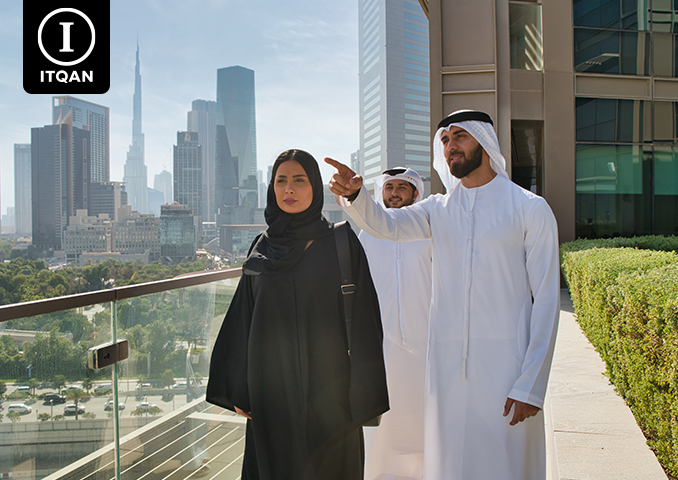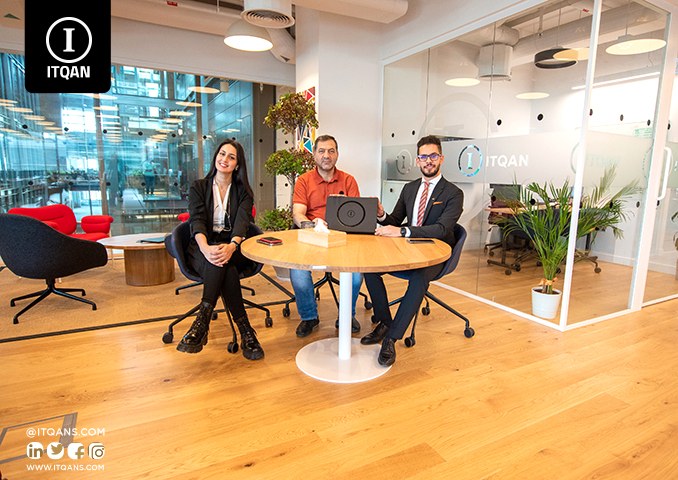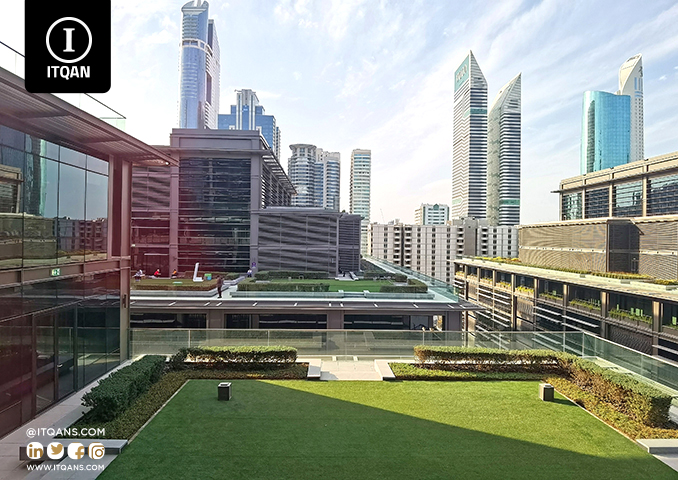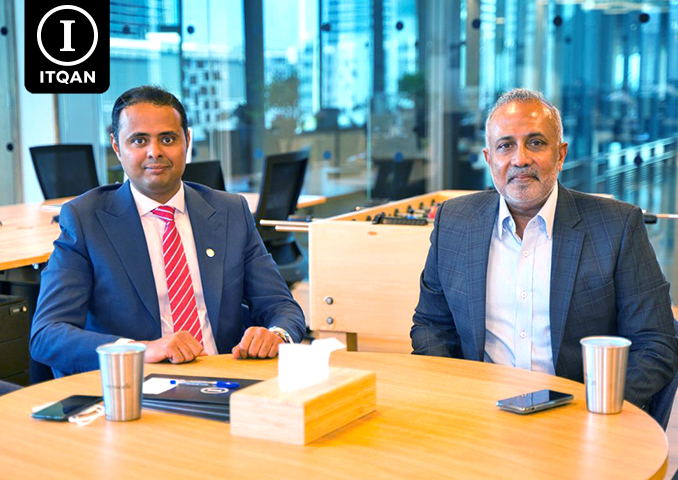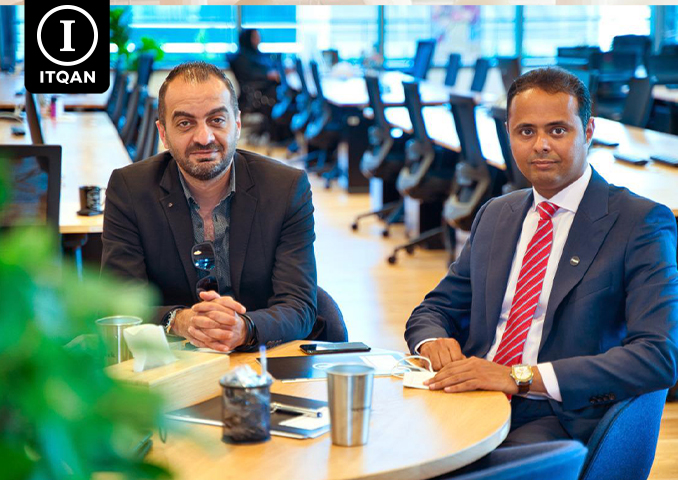The Arabian Gulf represents an exciting destination for investment, as the countries of the region enjoy enormous natural resources and a developed commercial environment. The Gulf countries are characterized by their diversified economies and political stability, which makes them suitable for local and international investments. Steps to invest in the Gulf is a term that is repeated in the minds of investors and aspiring entrepreneurs. These steps are an important guide to identifying the basic measures that must be taken to take advantage of the investment opportunities available in the region.
The first step in the investment journey in the Gulf is to conduct research and study. The investor must get to know the different Gulf countries, their diverse economies, and promising sectors for investment. He should also identify his business goals and needs and adjust the investment strategy accordingly.
After defining the vision and strategy, the investor must review the local laws and legislation related to investment in the Gulf. You must ensure that all legal and administrative documents required to establish a company or invest in the region are met, including the required licenses and permits.
Steps to invest in the Gulf also require establishing a strong network of local relationships. The investor should build relationships with government agencies, local companies and other investors. These relationships will help facilitate operations, provide opportunities, and enhance cooperation in the region.
After completing the legal procedures and building relationships, the investor can begin implementing his investment plan. The specific sectors in which the investor would like to invest must be identified, whether real estate, infrastructure, energy, technology, or others. The investor must also evaluate potential risks and implement strategies to reduce those risks.
We must not forget the importance of communication and interaction with the local community in the Gulf countries. The investor must be committed to social and cultural responsibility, and contribute to sustainable development and improving the quality of life in the region.
Finally, the investor must monitor and evaluate the performance of the investment over time. Financial results and performance should be reviewed and the strategy adjusted if necessary. The investor must be able to adapt to changes in the market and make smart decisions to enhance his returns and the success of his projects.

جدول المحتوى
ToggleSteps to invest in the Gulf
Steps to invest in the Gulf require implementing a number of important steps. Here is an overview of these steps:
- Research and analysis: The investor must begin with extensive research and analysis of the investment opportunities available in the Gulf countries. Different sectors should be studied and economic, political and social trends in the region analyzed. Reliable sources of information and local experts can be used to gain useful insights.
- Choosing the appropriate country: The investor must select the country that is compatible with his investment strategy and provides the most suitable environment for his activities. Political and economic stability, local legislation, market size and infrastructure should be taken into account when making this decision.
- Find a local partner: In the Gulf, having a local partner may be necessary to do business. The local partner can help understand local laws and culture and facilitate administrative and logistical processes. The investor must search for a reliable local partner and reach a cooperation agreement that meets common interests.
- Company Establishment: If an investor wishes to establish a new company in the Gulf, he must follow the necessary legal procedures. You should learn about the local requirements for establishing a company, obtain the necessary licenses, and register it with the relevant authorities.
- Obtaining licenses and permits: There may be special licenses and permits required by some investment activities in the Gulf. The investor must familiarize himself with these licenses and ensure that they are met to comply with local laws.
- Financing: The investor may need to search for appropriate financing options for his project in the Gulf. You can resort to self-financing, search for financial partners, or communicate with local and international financial institutions to obtain the necessary financing.
- Marketing Development and Expansion: After establishing the company and starting business in the Gulf, the investor must focus on marketing and promotion strategies for his products or services. Social media, local networking and public relations can be used to promote the brand and increase awareness of the products or services offered.
- Monitoring and evaluation: The investor must monitor the performance of business in the Gulf and evaluate the results achieved. The investment strategy can be updated and the necessary adjustments made to achieve success and achieve the highest levels of return on investment.
Investment laws and legislation in the Gulf
Investment laws and legislation in the Gulf countries differ slightly from one country to another, but in general they are characterized by many common features, including:
- Corporate Laws: These laws specify how companies are established and operated, including the necessary procedures for corporate registration, the financial responsibilities of shareholders, and required financial reports.
- Taxes: Tax laws vary from country to country, but many Gulf countries have a favorable tax system for investors, with important tax exemptions in many sectors.
- Labor and Immigration: Labor and immigration laws regulate the use of local and foreign labor, and define conditions of employment, workers’ rights, and work duties.
- Foreign ownership: This legislation regulates foreign ownership of assets, companies, and real estate in Gulf countries.
- Foreign Trade: These laws determine policies and procedures related to trade with other countries, including customs duties and trade facilities.
- Intellectual Property Rights: This legislation protects intellectual property rights such as patents, trademarks, and copyrights.
- Stimulus and Incentive Policies: Governments in the Gulf provide a range of incentives and facilities to local and foreign investors, such as tax cuts, financial aid, and allocated lands.
Investment opportunities available in the Gulf countries
There are many investment opportunities available in the Gulf countries , some of which include:
- Real estate sector: The real estate sector in the Gulf countries is one of the most important investment sectors, as these countries are witnessing great development in the field of residential, commercial and tourist real estate.
- Energy: The Gulf countries provide broad investment opportunities in the energy sector, whether in the fields of oil and natural gas or renewable energy such as solar and wind energy.
- Manufacturing industries: The Gulf is working to diversify its economy by developing the manufacturing sector and encouraging investment in it, such as chemical, petrochemical, and food industries.
- Technology: The Gulf countries are witnessing rapid growth in the technology and innovation sector, which provides investment opportunities in areas such as digital technologies, artificial intelligence, and e-commerce.
- Tourism: Tourism is considered one of the main sectors in the Gulf countries, as the luxurious tourist areas and recreational facilities attract many tourists from different parts of the world.
- Education and training: The education and training sector in the Gulf countries is witnessing continuous growth, which opens the door to investment in areas such as private education and vocational training.
Basic advice for investing in the Gulf
Here are some basic tips for investing in Gulf countries:
- Market study: Before investing, study the local market and economic analysis of the area in which you intend to invest, and explore potential opportunities and challenges.
- Communicate with locals: Try to build a network of relationships in the local market, communicate with local investors and government officials, and benefit from their experience and advice.
- Diversify your investment: Avoid putting all your eggs in one basket, and consider distributing your investments across different assets and sectors to reduce potential risks.
- Follow developments: Follow market and economic developments in the Gulf countries, and be aware of government policies and legal changes that may affect your investments.
- Financial advice: Consult a local or international financial expert before making any investment decisions, and seek advice in determining the appropriate strategy and managing risks.
- Compliance with Laws: Ensure compliance with all local investment and business laws and regulations, tax expectations, fees and licensing.
- Patience and willingness to risk: Investing in the Gulf requires patience and willingness to bear risks, as market developments may be unexpected and require rapid adaptation.
- Employing technology: Use technology to enhance your portfolio management, track performance, and analyze data to make informed investment decisions.
- Invest in education and development: Invest in constantly developing your abilities and knowledge by attending training courses and workshops to improve investment skills and understanding of the market.
- Evaluate performance regularly: Regularly evaluate the performance of your investments and take action to adjust the strategy if necessary, improving the return on investment.






